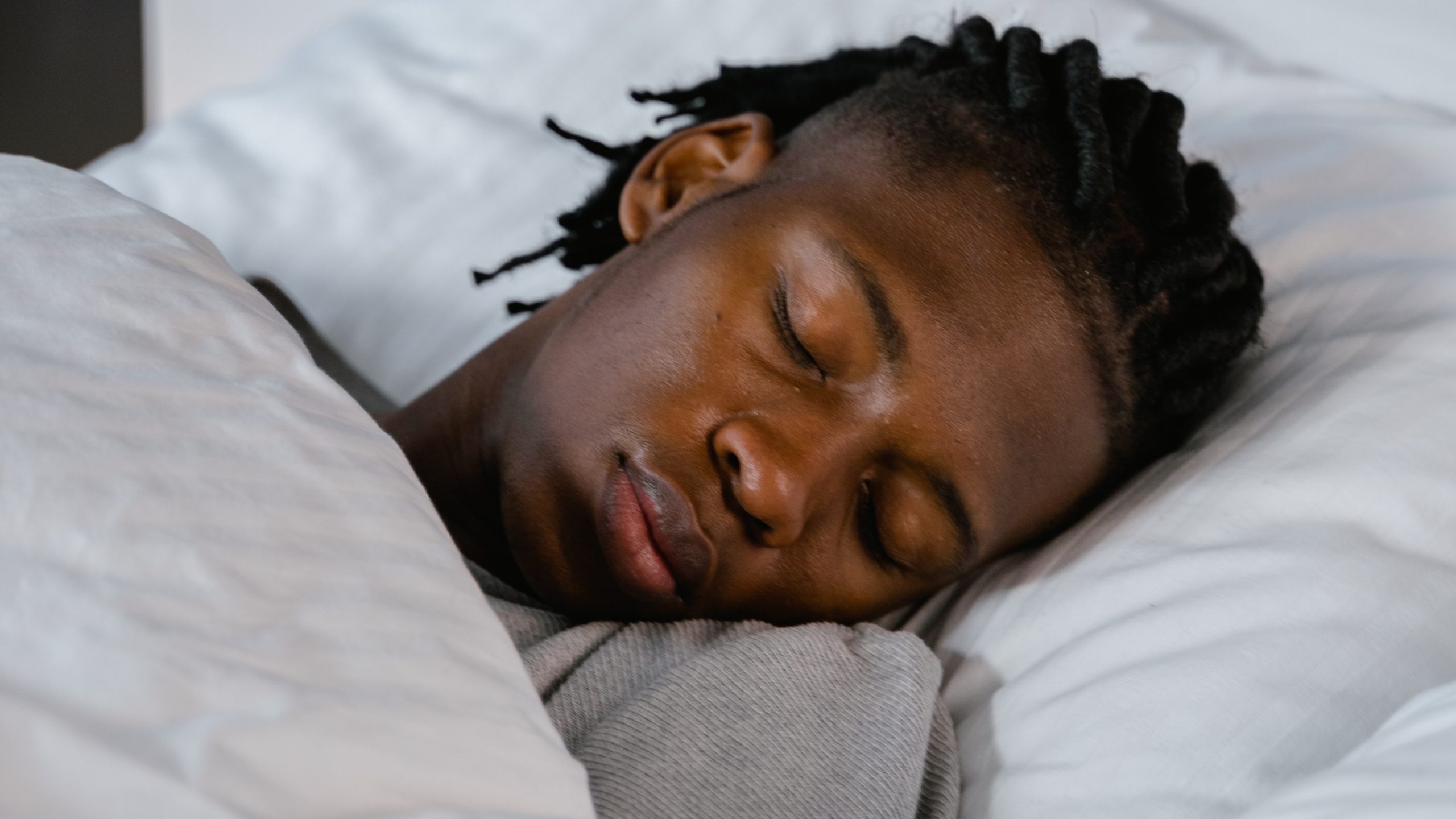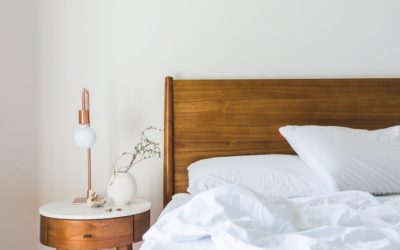In this day and age, everyone wants to do everything as quickly as possible, including sleep.
While it’s important not to hang around when it comes to sleep, did you know that if you fall asleep too quickly (as soon as your head hits the pillow), the chances are you’re sleep deprived? If you take too long (more than 20-30 mins) your sleep health may be under pressure, and this is a key indicator of insomnia. Ideally, a healthy sleeper should generally fall asleep within 15 minutes.
So how do you get to sleep within 15 minutes? While there are no quick fixes, having some consistent sleep hygiene in place (cool, quiet, dark bedroom; regular hours, limiting caffeine and alcohol and sleeping in a comfortable bed) will help encourage a sleepy head.
Stress/worry are often the main cause of not being able to sleep well – this could be down to a number of things including returning back to the office – so developing a good wind-down routine will improve your chances of sleeping well by relaxing both the body and mind.
Here are some tricks to help you relax before bedtime.
Guided Meditation
For many, excessive mental activity and racing thoughts prevent them from getting off to sleep or wake them up frequently or too early. Therefore, it’s important to know how to properly relax and calm the mind. Apps such as Headspace are great as they can offer sleep sounds and guided meditation.
Here’s an exercise you can try next time you are finding it difficult to nod off.
Mindfulness – use your senses
notice 5 things you can see
notice 4 things you can feel
notice 3 things you can hear
notice 2 things you can smell
notice 1 thing you can taste
Breathing Exercises
The effects of deep breathing are largely psychological but it can bring about a physiological response in the body. It can normalise the heart and respiration rate and calm you.
Focus on your breath going in and out. The “4-7-8 method” can be very effective, where we breathe in for four seconds, hold our breath for seven seconds, and then breathe out with a slow ‘whoosh’ sound for eight seconds. Repeat three to four times.
Progressive muscle relaxation (PMR)
Progressive Muscle Relaxation is a relaxation technique to help with stress and anxiety, sleeping difficulties and pain. It can help your body to unwind by tensing muscle groups one at a time and then relaxing them to release tension. You can do this lying down or seated in a quiet environment.
- Begin by focusing all your attention on your feet, tighten up the muscles and then relax them.
- Move up to the calves, knees and thighs – tighten and relax.
- Move on to the stomach, chest, shoulders, arms and hands doing the same thing.
- Finally focus on your neck and head, relax all your muscles, feeling the tension leave your body
ASMR
ASMR (Autonomous Sensory Meridian Response) describes deep relaxation and scalp tingling. It is a social response that explains the feelings of comfort, relaxation, and sleepiness it promotes which may be due to certain chemicals (endorphins, oxytocin, dopamine and serotonin) being released in the brain when you sense the trigger.
The experience of ASMR can come from crisp sounds, slow movements, whispering and personal attention – and the response is very individual. For some people, it can keep them calm and alleviate stress and worry, which ultimately can lead to people sleeping better.
For those that want to use it to cope with anxiety or help them sleep, ASMR videos and sounds are available all over the internet.






0 Comments